A Guide to the Most Common Metals We Recycle (and What They’re Worth)
Not all scrap metal is created equal. Some materials fetch a premium price, while others are valued more for their volume than for their composition. For businesses that produce metal waste - from manufacturers and contractors to fabricators and demolition crews — understanding the common metals we recycle and their market value can help turn leftover material into a meaningful revenue stream.
At Fulton Metals Recycling, we help companies identify, separate, and sell the metals that yield the highest returns. Here’s what you should know.
Why Metal Identification Matters
Knowing what types of metals your business generates is the first step toward maximizing scrap value. Different metals are processed, priced, and reused in various ways. Identifying them correctly ensures you get paid fairly and helps recyclers process materials efficiently.
Simple identification tips:
- Use a magnet - if it sticks, it’s ferrous (made of iron or steel); if it doesn’t, it’s non-ferrous.
- Check color and weight - copper has a reddish tone, aluminum is light and silver, and brass has a yellow-gold hue.
- Keep metals separated by type and grade to prevent contamination that reduces payouts.
The Most Common Metals We Recycle
1. Copper
One of the most valuable and commonly recycled metals, copper is found in electrical wiring, plumbing pipes, roofing materials, and HVAC systems. Because it’s highly conductive and easy to recycle, it commands premium pricing.
Best practices:
- Strip insulation from copper wire to increase value.
- Keep copper free of solder or plastic coatings.
- Store it in a dry area to prevent corrosion.
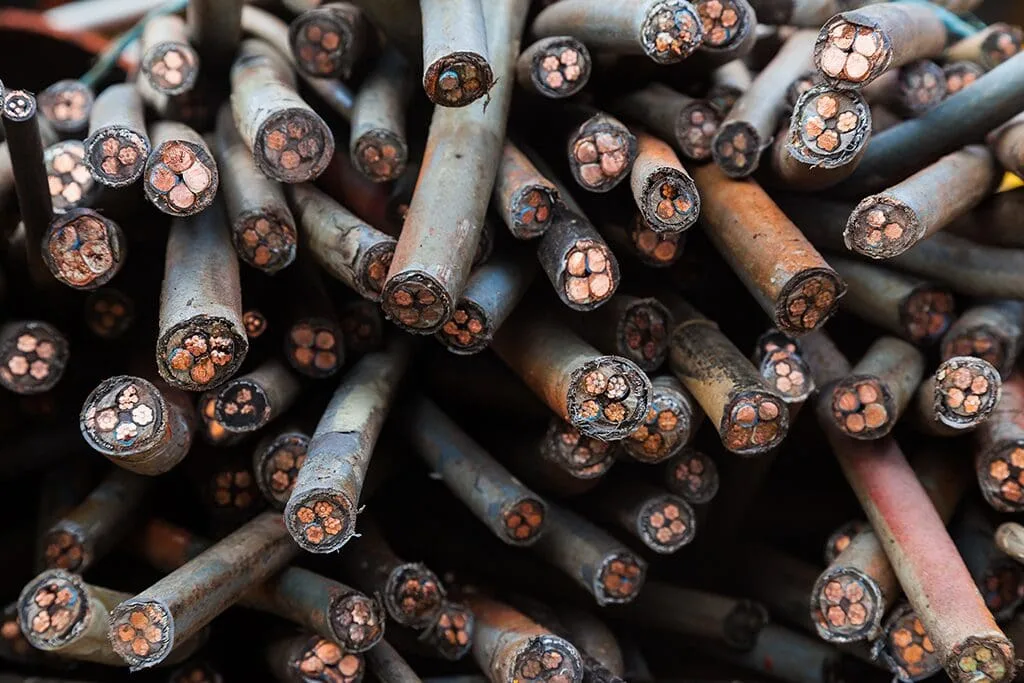
2. Aluminum
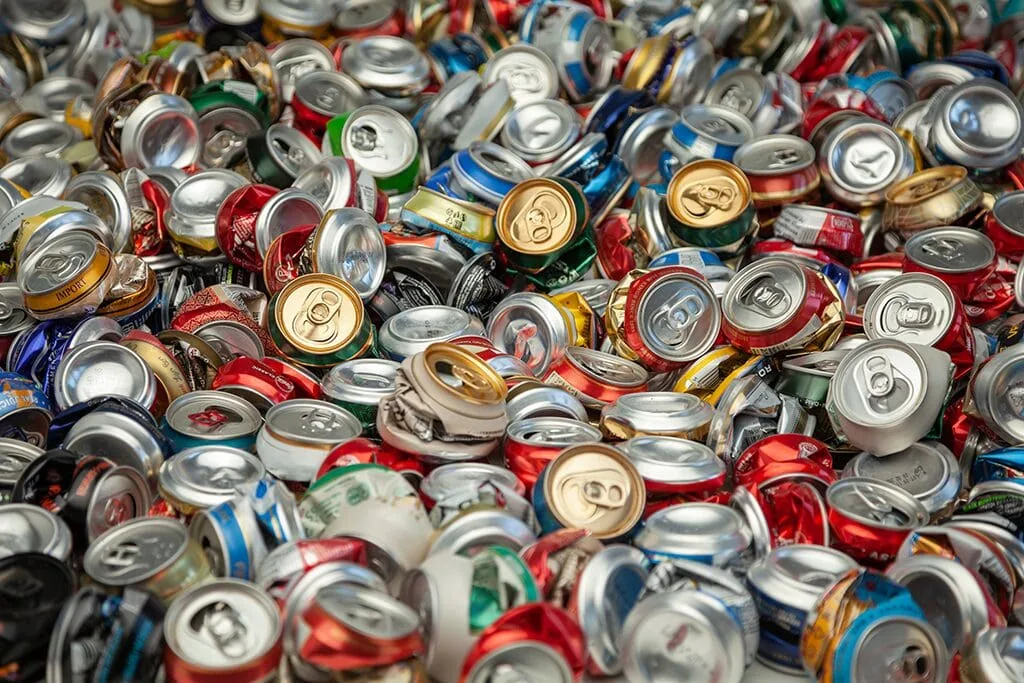
Lightweight yet strong, aluminum is used across industries - from window frames and siding to machine parts and beverage cans. It’s prized for recyclability and energy savings, as recycling aluminum uses 95% less energy than producing it from ore.
Best practices:
- Separate aluminum sheet, extrusion, and cast materials for higher pricing.
- Avoid mixing aluminum with steel or materials that have been painted.
3. Stainless Steel
Stainless steel’s corrosion resistance and durability make it essential in manufacturing, fabrication, and food processing. Its value depends on the nickel and chromium content, which can vary by grade.
Best practices:
- Keep stainless steel separated from regular steel.
- Avoid contamination from oil, paint, or debris.
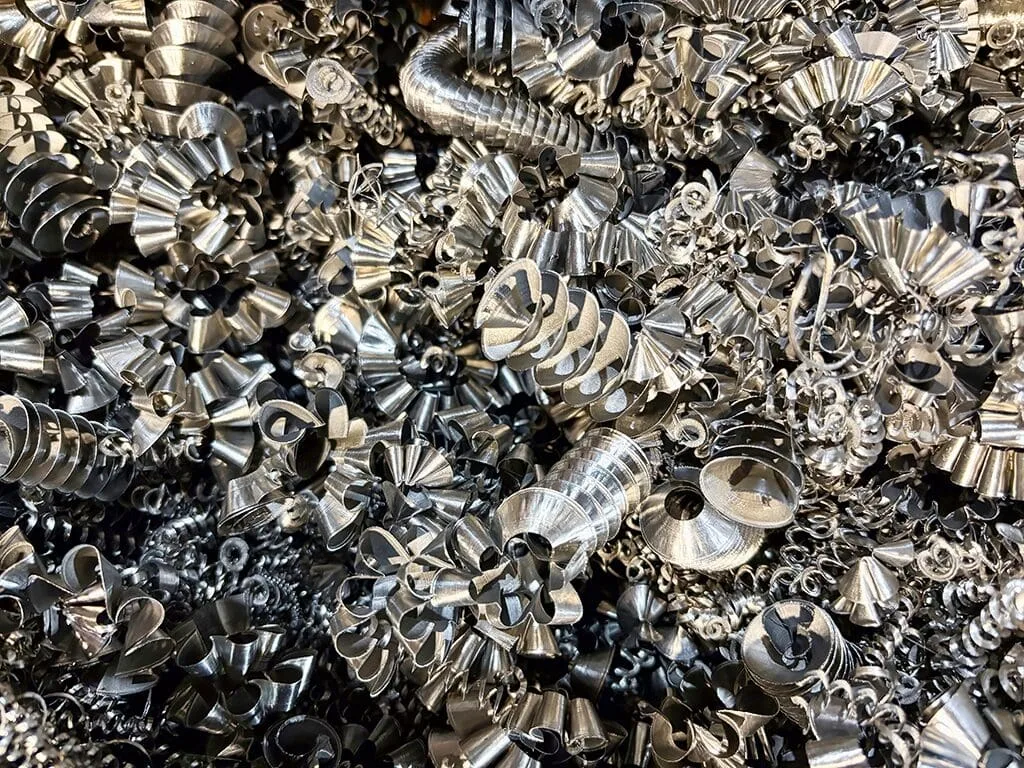
4. Brass
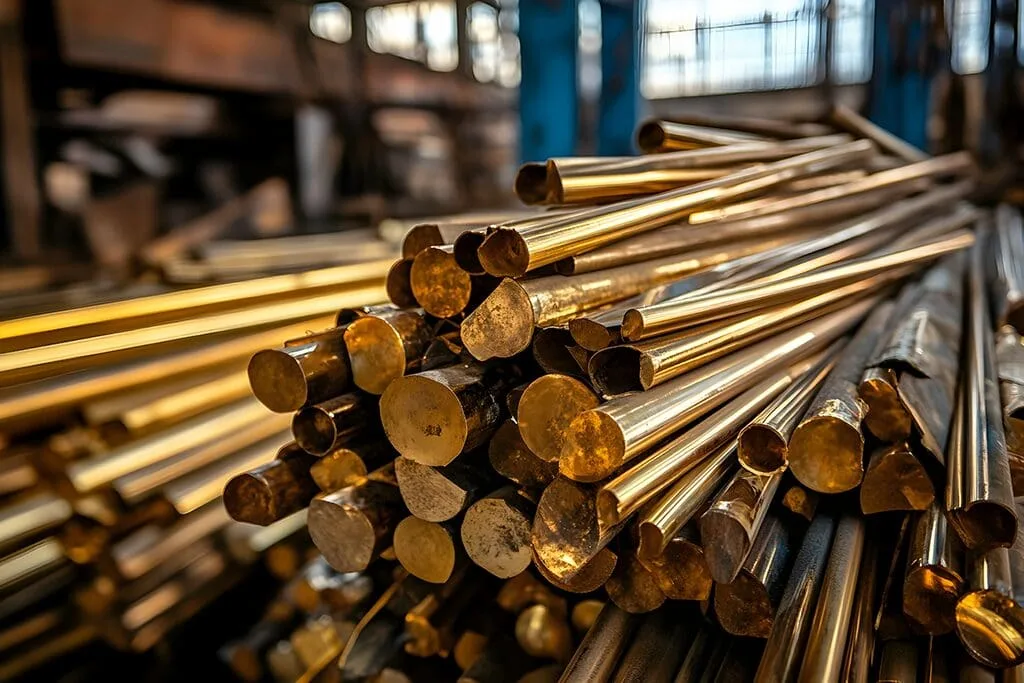
Known for its golden color and heavy weight, brass is used in plumbing fittings, valves, and decorative hardware. It’s a non-ferrous metal with consistent demand.
Best practices:
- Separate the yellow and red brass if possible.
- Remove rubber or plastic components from fittings.
5. Steel and Iron (Ferrous Metals)
These are the most common metals by volume. While prices are lower compared to non-ferrous metals, large quantities make steel and iron recycling profitable for demolition, manufacturing, and construction projects.
Best practices:
- Use dedicated roll-off containers for steel scrap.
- Keep trash and wood out to avoid contamination.
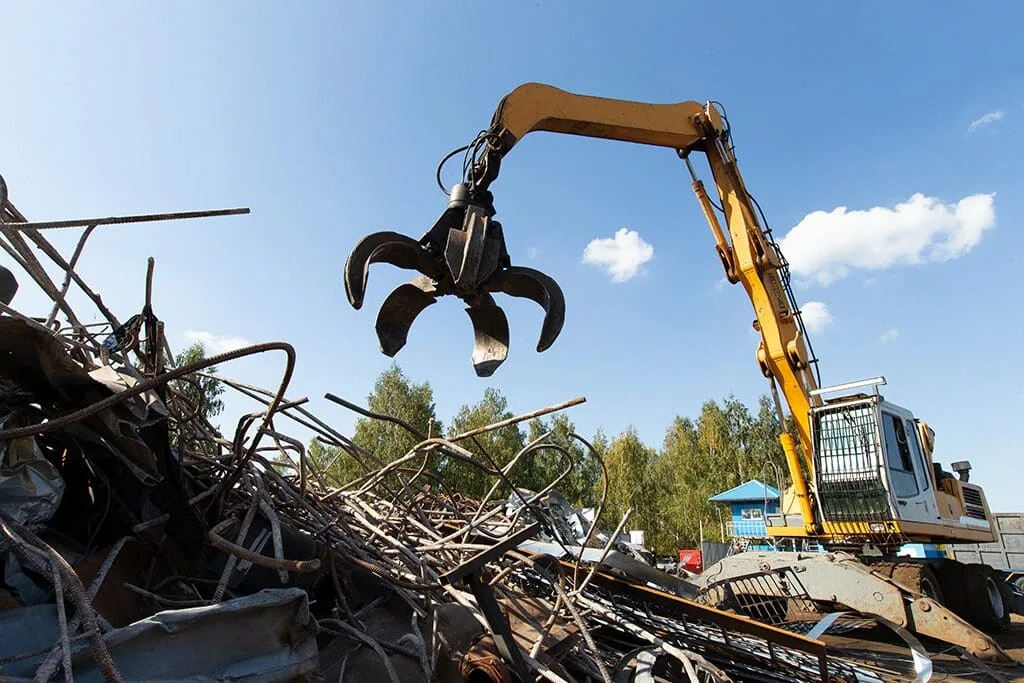
6. Lead and Nickel Alloys
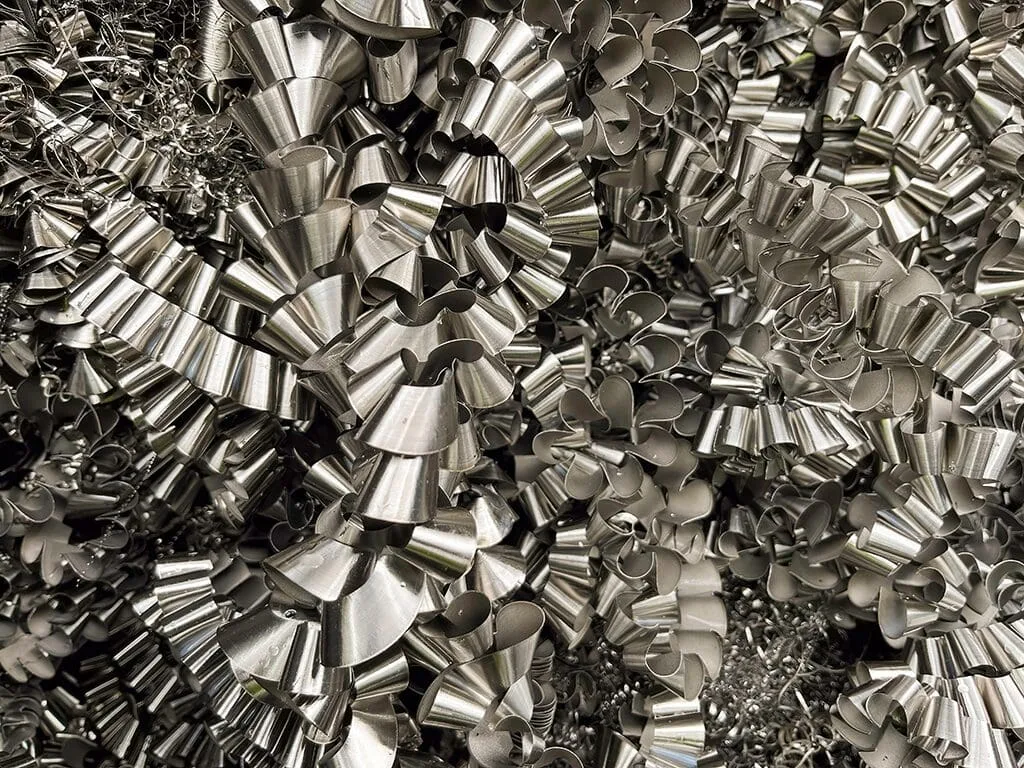

These specialty metals appear in batteries, electrical components, and industrial machinery. They’re less common but often worth separating because of their unique market value and reuse potential.
Best practices:
- Handle with care - some materials, like lead, require proper safety procedures.
- Store separately to preserve purity.
What Affects Scrap Metal Pricing
Scrap metal values fluctuate based on global commodity markets, transportation costs, and the condition of the material. Factors that influence price include:
Metal type and grade - Non-ferrous metals (like copper and brass) bring higher returns.
Purity - Clean, sorted materials receive better rates.
Market demand - Prices shift based on manufacturing and export trends.
Quantity and consistency - Larger and ongoing volumes allow for premium partnerships.
At Fulton Metals Recycling, pricing is formula-based and tied to published market indexes for complete transparency.
How to Maximize Scrap Revenue
To achieve the best return on your materials, consistency and organization are key.
Tips for higher payouts:
Keep metals separated and clean.
Label containers by material type.
Schedule regular pickups to prevent mixing or contamination.
Track prices monthly to understand market shifts.
Partner with a trusted recycler for accurate weights and fair reporting.
Fulton Metals Recycling offers a range of services, including dedicated containers, timely pickups, and transparent payment, to help your business transform scrap into value.


Every piece of metal has potential value when appropriately handled. By understanding the common metals we recycle and how pricing works, businesses can make more informed decisions that benefit both the environment and their bottom line. For a full list of materials we accept, please visit our Accepted Materials page.
